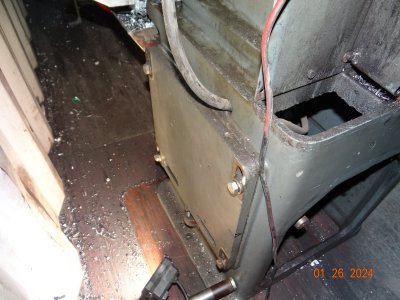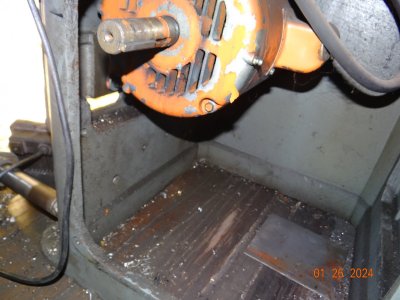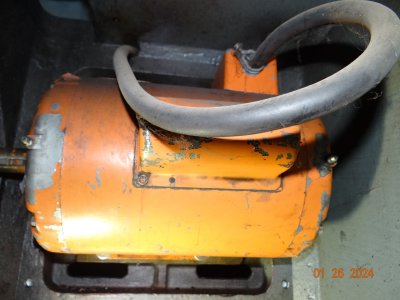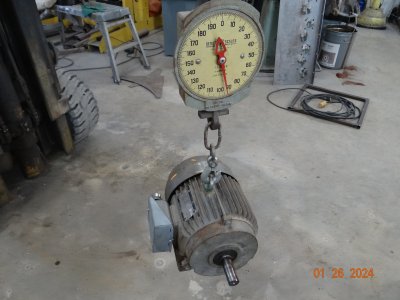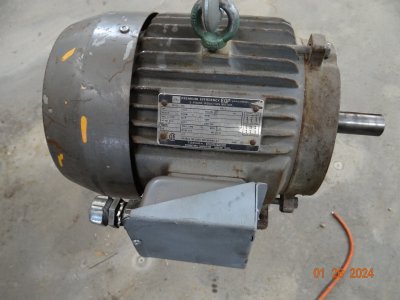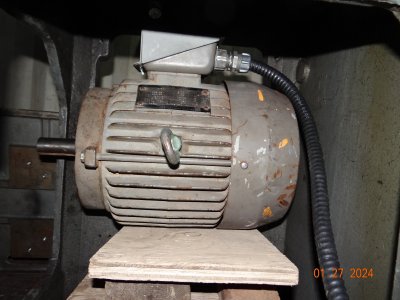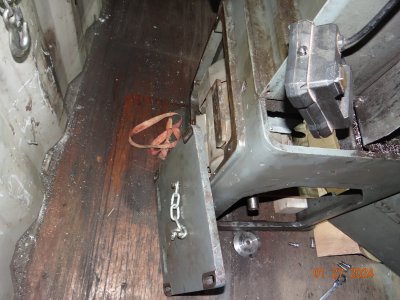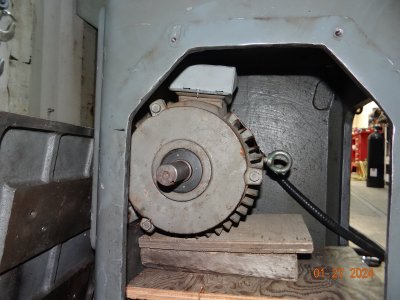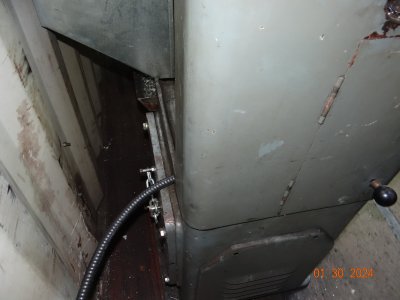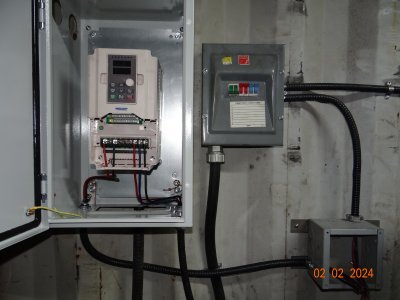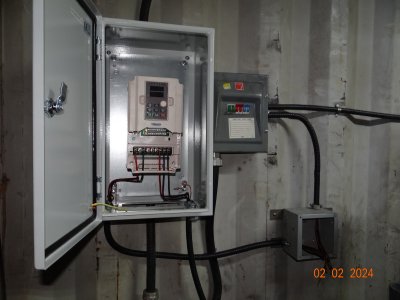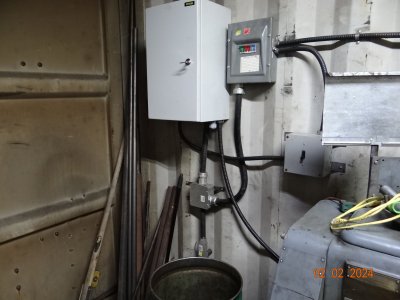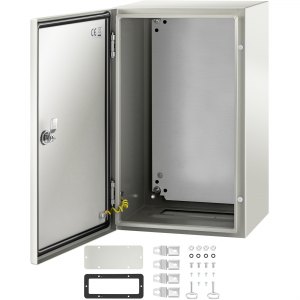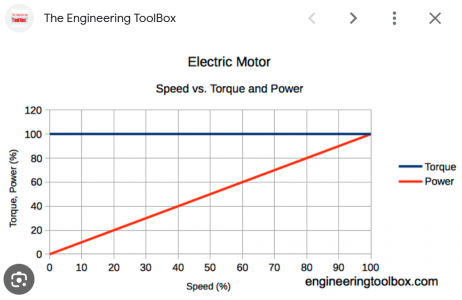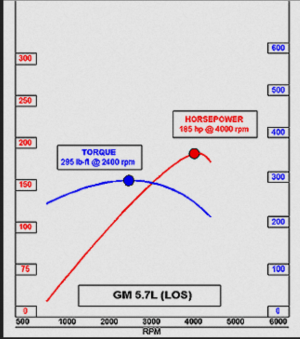@trevj &
@PeterT.
The best way to look at this is to ask yourself how they are measured.
In the case of watts, they measure the peak current multiply by Volts and calculate watts. In the case of hp, they use a brake and measure hp.
Having said that, I am certain that there are companies who measure hp and calculate equivalent watts as well as those who measure watts and calculate hp (prolly the majority). The wonders of marketing.
We all know that there is no such thing as 100% efficiency in a motor. If you agree with that, then hp out cannot equal watts in.
Furthermore, if the motor gets warm or hot then watts in must be greater than hp out.
Except in the case of really crappy motors like described by others earlier in this thread, none of this is really significant because you can stick the difference in your eye. I was only explaining why a really crappy motor can be worse than a good one and in that case hp is not necessarily hp.

